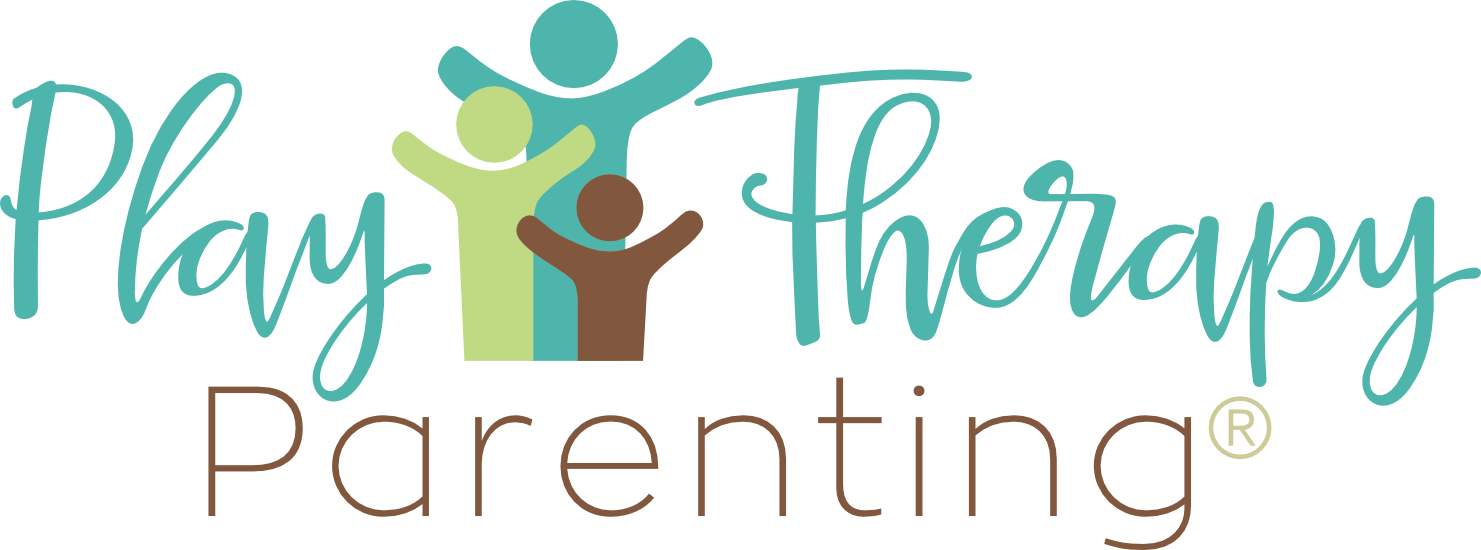S3E2 – Parent Companion for Play Therapy: Why Play Therapy Works
In this episode of the Parent Companion for Play Therapy series, I talk about one of the biggest questions parents ask: Why does play therapy actually work? On the surface it looks like kids are just playing, but what’s really happening is deep, hard emotional work. Play creates the safety and freedom children need to show their fears, frustrations, and struggles in ways they can’t with words.
I explain how child-centered play therapy provides the right conditions — a safe environment, a trusting relationship, and the freedom to be fully themselves — so children can process, heal, and grow. It might look simple, but it is profoundly effective, because it honors where kids are developmentally and allows them to do the emotional work they can’t do anywhere else.
Ask Me Questions: Call (813) 812-5525, or email: [email protected]
My Book: Device Detox: A Parent’s Guide To Reducing Usage, Preventing Tantrums, And Raising Happier Kids – https://a.co/d/bThnKH9
Podcast HQ: https://www.playtherapyparenting.com/
My Newsletter Signup: https://www.playtherapyparenting.com/newsletter/
My Podcast Partner, Gabb Wireless: https://www.playtherapyparenting.com/gabb/
Why Play Therapy Works
We are continuing with the Parent Companion for Play Therapy series, and in this post I want to tackle one of the most common questions parents ask: Why does child-centered play therapy actually work?
At first glance, it might look like kids are just playing. Parents often wonder, “If they can play in therapy, why can’t they just play in their bedroom at home? How can this possibly help if no one is even talking to them about their problems?” These are valid questions, and today I want to walk you through why play therapy is not only effective, but also deeply powerful.
Why Play Is the Child’s Natural Way of Processing
Children don’t process the world like adults do. They don’t analyze, reason, or hold long conversations about what they’re feeling. They experience life, they feel emotions, and they express those feelings through actions.
Play is the way children sort out their world. It gives them a safe space to show their fears, struggles, frustrations, and confusion. And because they are acting these things out, play offers freedom without judgment.
The Role of Play in Expression
Imagine a child stomping on dinosaurs again and again for fifteen minutes. To an adult, this might seem random or even pointless. But in play therapy, we understand that this is a safe and appropriate way for a child to express big, overwhelming feelings.
Without this outlet, kids are left with a few unhealthy options:
- Bottling it up (which is maladaptive and unhealthy).
- Lashing out in ways that are harmful to themselves or others.
- Struggling with self-control because they don’t yet know another way to manage their feelings.
In the playroom, they begin to build emotional vocabulary, learn healthier ways to express themselves, and develop self-control.
Why Child-Centered Play Therapy Is Effective
The power of play therapy comes from the conditions it creates. Children need more than just free play — they need:
- A safe environment where they can explore without fear of judgment.
- A trusting relationship with a trained therapist who accepts them unconditionally.
- The freedom to fully be themselves while working through difficult emotions.
It’s within this unique combination of environment and relationship that healing happens.
The Hard Work of Play Therapy
From the outside, play therapy might look simple, but it is anything but easy. It is hard, tough emotional work for kids. It takes courage, strength, and resilience to face big feelings and work through them in the playroom.
This kind of emotional work can’t happen just anywhere. It requires the special relationship between child and therapist and the unique environment of a playroom designed for this purpose. That’s why CCPT works — because no other space or relationship provides the same conditions.
Growth Through Relationship
Change happens when children feel understood and accepted. Research consistently shows that kids thrive when they have a connected relationship with an adult who unconditionally accepts them.
Through the safety of that relationship, children gain:
- Confidence
- Emotional regulation
- Problem-solving skills
- Resilience
In other words, they become stronger and more capable versions of themselves.
Final Thoughts
Child-centered play therapy works because it meets children exactly where they are developmentally. It honors their experiences, respects their needs, and values who they are — all within a safe relationship and environment.
It may look simple, but beneath the surface it is deeply complex, profoundly challenging, and powerfully effective. That’s the beauty of play therapy: in its simplicity lies its strength.
In the next post, we’ll look at how play therapy works. Now that you understand the “why,” we’ll dig deeper into the process that makes it so impactful.

